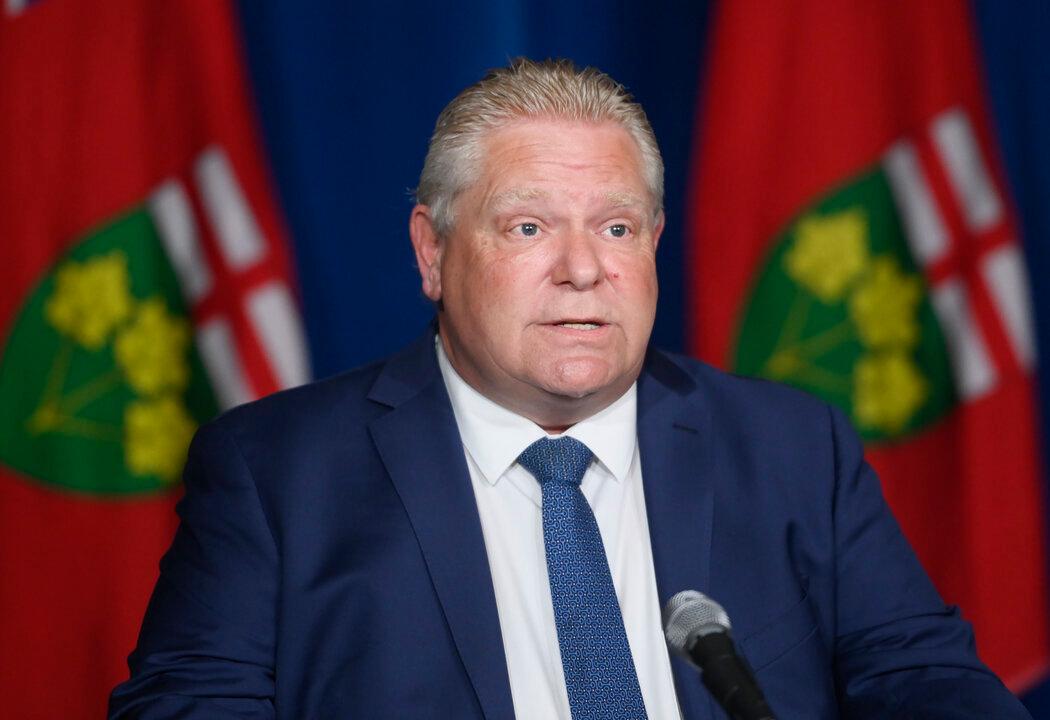Students in the two provinces hardest hit by COVID−19 should be able to experience a “normal” return to school in the fall, officials said Wednesday as other provinces and territories looked to loosen pandemic−related travel restrictions.
Ontario and Quebec laid out their plans for schools Wednesday as they stressed the importance of vaccinations to keep students and educators safe.





